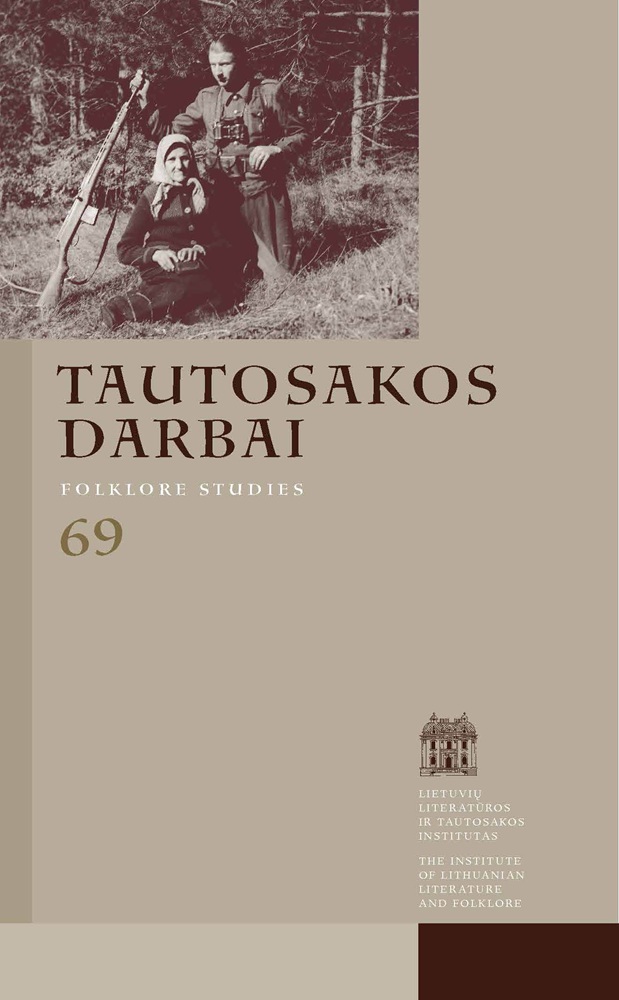Conforming but not Forgetting: Stories by Partisan Children about (Non)adaptation to the Soviet Occupation
Abstract
Based on the second generation stories collected in 2019–2024, the article examines the forms and practices of resistance and adaptation to the Soviet regime in the families of participants of the partisan war. Resistance was expressed by means of cultivating the ideas of freedom, transmitting the memory of partisan activities and repressions against partisans to the children, as well as religious practices, listening to the foreign radio stations, singing partisan and deportees’ songs, and criticism of the regime. These practices either compensated for the silenced experiences of the parents or supplemented them in terms of value.
Children willingly and with pride mention their parents’ non-reconciliation with the Soviet reality, but they also remember the surveillance of the families and restriction of their rights. One of the signs of adapting to the regime was participation in the Soviet children’s and youth organizations. Parents sought to ensure that their children did not stand out in public; however, this was perceived as a mere necessity that did not change the values fostered within the family.
Partisan families lived a double life during the Soviet era: while adapting publicly, they maintained the spirit of resistance privately. This duality shaped the second generation’s view of the family and the national history, and it is on this basis that partisan children still reflect the Soviet occupation and the essence of partisan warfare today.

This work is licensed under a Creative Commons Attribution 4.0 International License.
Downloads
Most read articles by the same author(s)
- Greta Paskočiumaitė, Narrative of the Anti-Soviet Partisan War: a Family Case , Tautosakos darbai: Vol. 63 (2022)
- Greta Paskočiumaitė, On an Unforgettable Partisan and a Slightly Forgotten Price of Freedom , Tautosakos darbai: Vol. 68 (2024): Tautosakos darbai
- Greta Paskočiumaitė, Historical Memory of the Lithuanian Anti-Soviet Partisan War in the Narratives of the Third Generation , Tautosakos darbai: Vol. 62 (2021)
- Greta Paskočiumaitė, Austė Nakienė, Bronė Stundžienė, Jurga Sadauskienė, Chronicle , Tautosakos darbai: Vol. 62 (2021)
